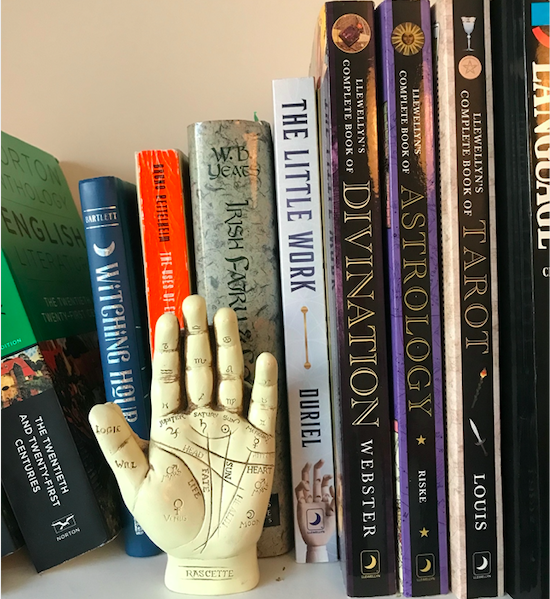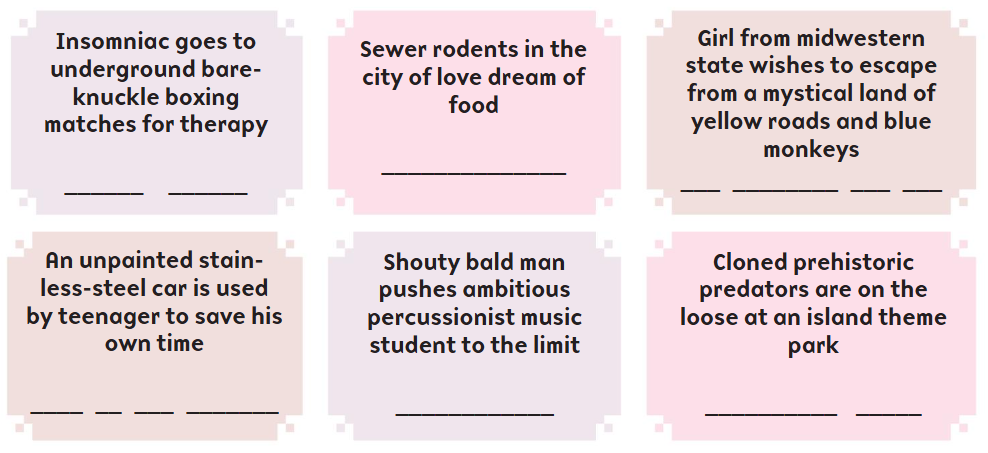By Ru Burroughs, Third Year, English
The Croft Magazine // Ru Burroughs, co-founder of the newly established University of Bristol Pagan Society, discusses how Paganism can support student wellbeing and help us deal with stresses of all kinds.
Our global economy is based on perfectionism, with capitalism demanding that we should always be in pursuit of something ‘better’ in order to achieve materialistic fulfilment, and therefore to achieve success. This bleeds out into the most unlikely and important areas of our lives, including our mental health.
This is where perfectionism becomes destructive, and it’s something I would argue everyone has experienced. Whether in our jobs, relationships, or academic career, we often hold ourselves to impossibly high standards, to the point where it becomes detrimental to our wellbeing. Whether you overwork, under-sleep, over-socialise, so many of us grind ourselves to the bone in pursuit of what we think is our best or perfect self.
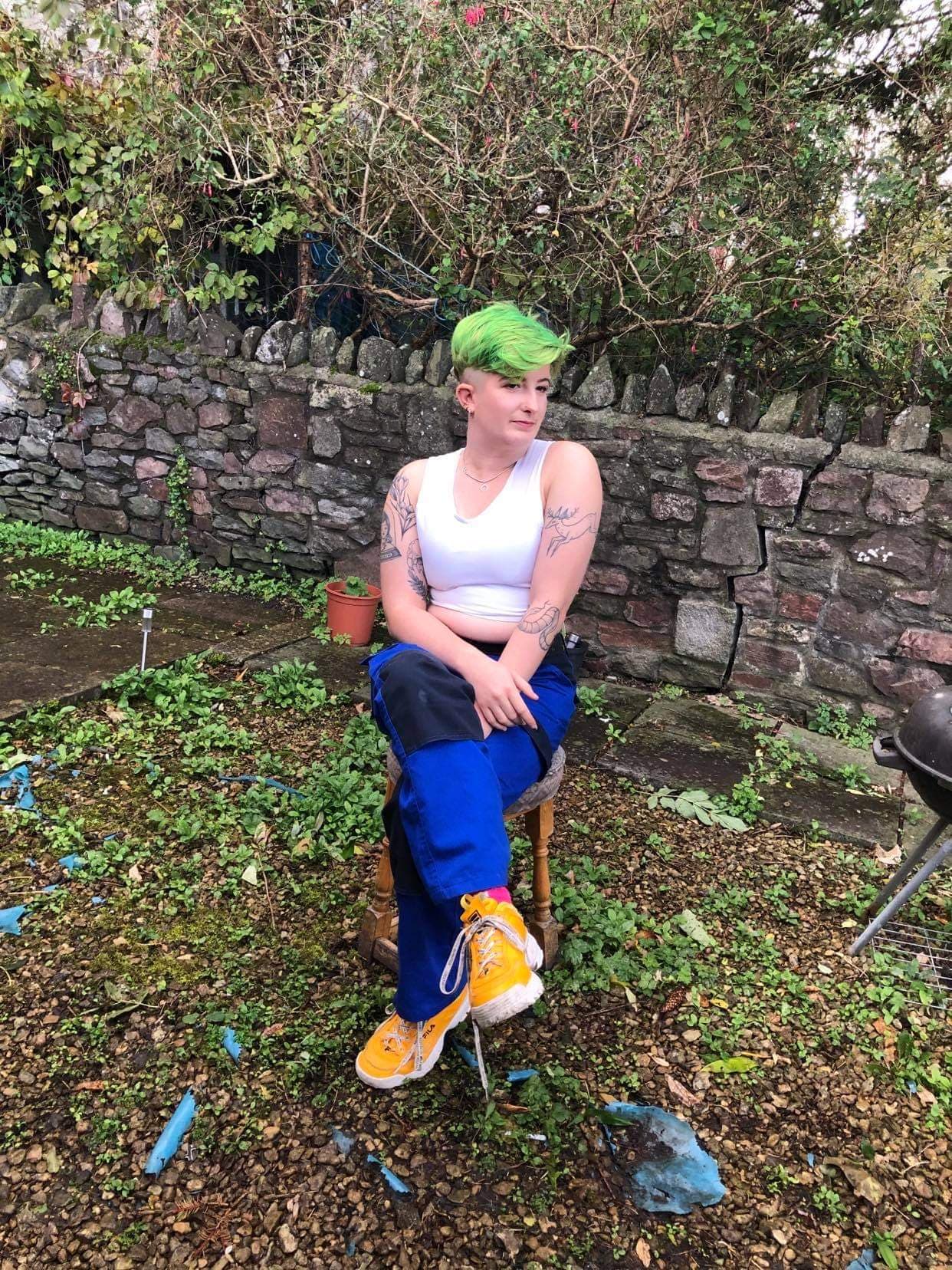
But, as we all know, we are all imperfect. We buckle, we break down, we get overwhelmed by the intensity of life. One in four people will experience some form of mental health issue in their lifetime. It is so common, yet we struggle to forgive ourselves for it.
I like to believe Paganism arrived in my life just when I needed it most. I was in the middle of my A-Levels, insecure about my identity and struggling to manage my increasingly severe cycles of anxious and depressed moods. At the time – and still now to some degree – failure was not an option for me.
Then a new friend entered my life. They were aspiring to do medicine at university and had been a practising Pagan for a few years. On finding out I was a mythology enthusiast, they asked if I had ever considered making an offering to a deity.
Paganism is based on the principle that all things in the natural world are part of a shared network of energy
I said no, politely, mentioning I had grown up in a religion which I no longer had a great relationship with, and I didn’t have any plans to change that.
They understood, but recommended me a few things to read. Two things from my research stuck with me in particular: one, that Pagan pathways are completely unique to each individual, and two, the acknowledgement of the duality of human nature.
In Paganism many branches, including my own, follow nature-based rituals and use herbs for magickal intentions. It is based on the principle that all things in the natural world are part of a shared network of energy. We can see the interconnectedness through our complex ecosystems and the carbon cycle, and we are a part of an unfathomably vast network of life.
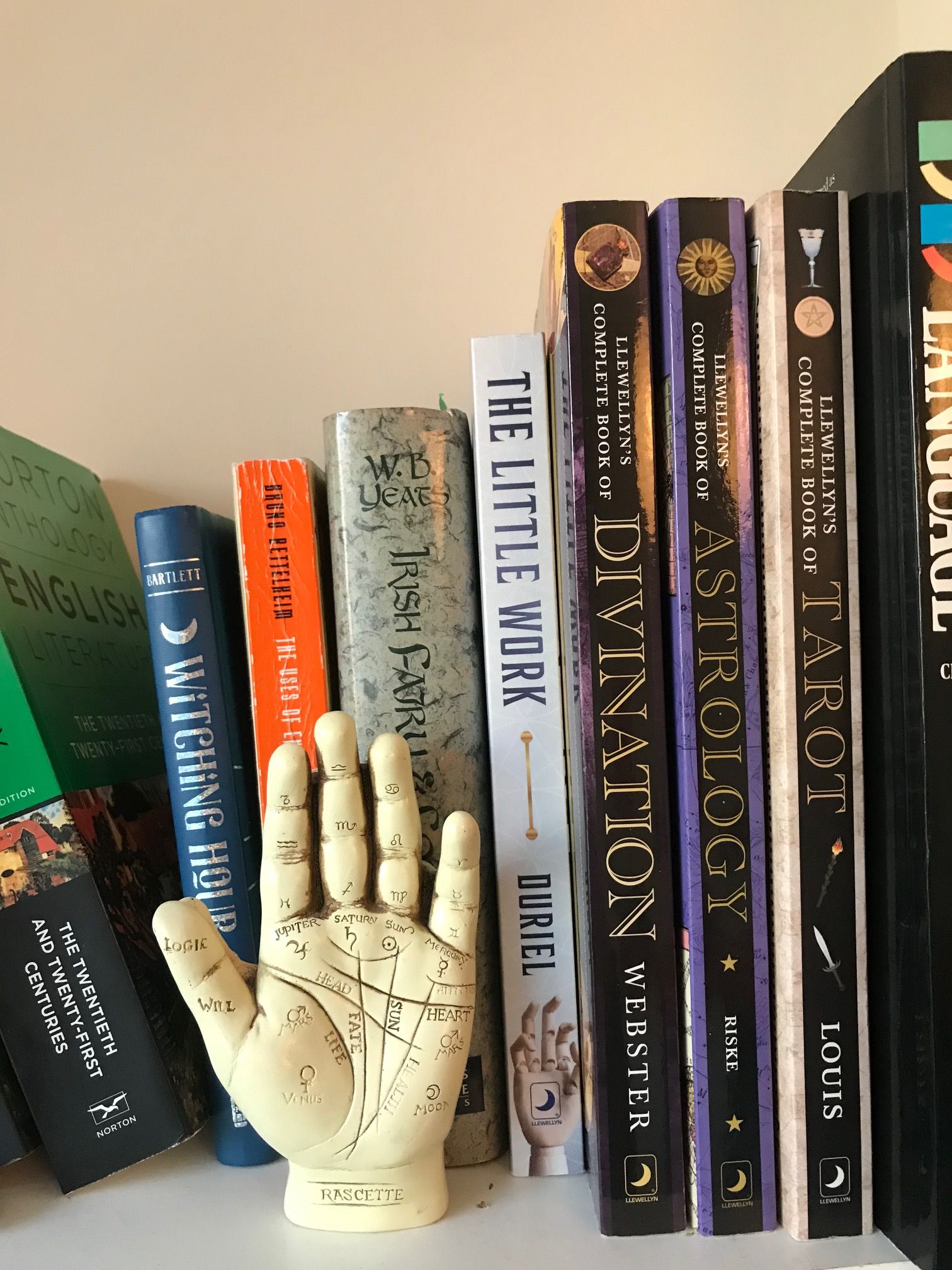
The best part is that nature is also imperfect. It makes two plants of the same species look distinct from each other, it creates variation, evolution; nature is imperfect, and it functions perfectly fine.
Paganism takes this to a spiritual level, as the wheel of the year honours the abundance of spring and summer as well as celebrating letting go and endings in autumn and winter.
It acknowledges that humans, like nature, are not perfect. We are all different, we make mistakes, we age, and we die. We are part of this cycle of life and death, and there is an undeniable sense of connection we feel to the natural world. You might have been in your city’s park in lockdown, and seen the sun hit the trees in a certain way that made you smile, or maybe you’ve been lucky enough to be walking in the countryside when it’s completely silent.
Mental health becomes not a lifelong, debilitating struggle, but rather a complex system in tune with nature, moving in cycles and waves of both good and bad moments
All our pathways in life are unique, and Paganism acknowledges that. You can make mistakes and experiment with your beliefs. No two Pagans share the exact same set of beliefs: some believe that magick should never be used against other people, where others think that hexes should be used against perpetrators in cases of abuse or assault, for example.
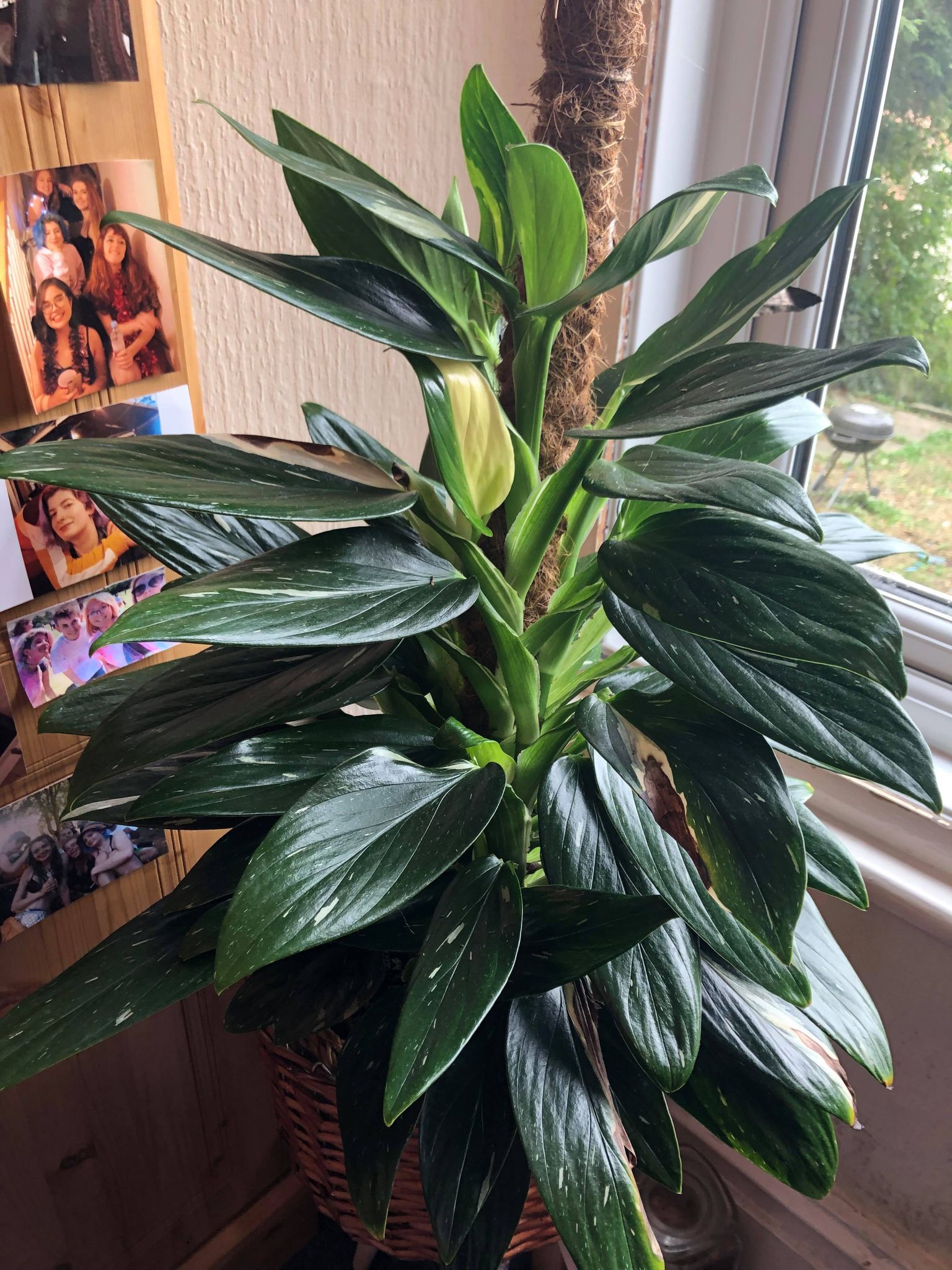
Life isn’t perfect, and humans are far from it either. And some days, my beliefs don’t help my mental health. But that’s okay because I know that although it’s hard, it is a unique part of my experience of being human.
To borrow a quote from The Midnight Gospel on death – ‘even if you're afraid
to turn toward it, turn toward it. It won't hurt you. And see what it has to teach you’.
Though the episode focuses on death and grief, this philosophy can be applied to all unpleasant emotions. This attitude could help us to acknowledge mental health issues as just a part of human experience. Mental health then becomes not a lifelong, debilitating struggle, but rather a complex system in tune with nature, moving in cycles and waves of both good and bad moments.
I like to think that Paganism has helped me move towards understanding this. It encourages us to view ourselves as a part of nature, and to celebrate all our unique complexities, variations and imperfections.
Featured image: Epigram / Rosie Angel-Clark
| Alternative wellbeing series: aromatherapy for student-friendly stress relief
| The Stress Melt: meditation does not require yoga pants
Find The Croft Magazine inside every copy of Epigram Newspaper

